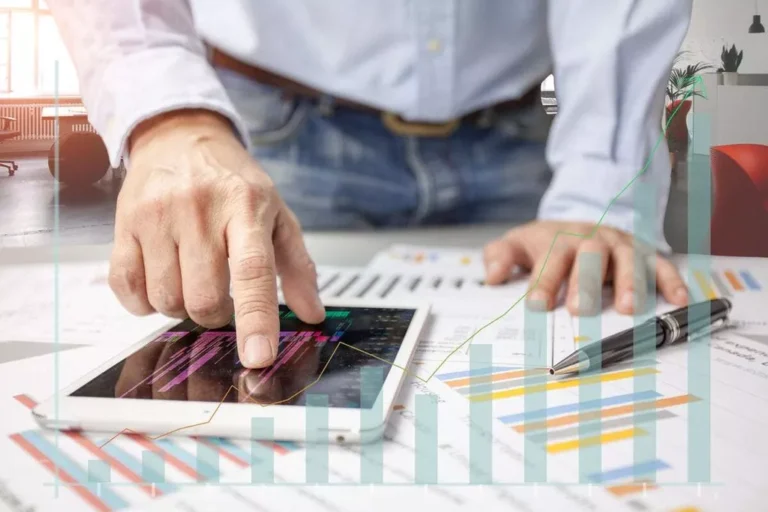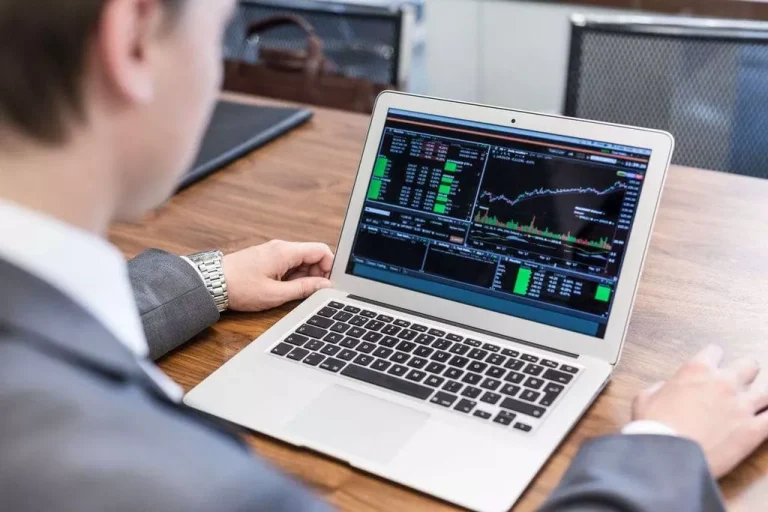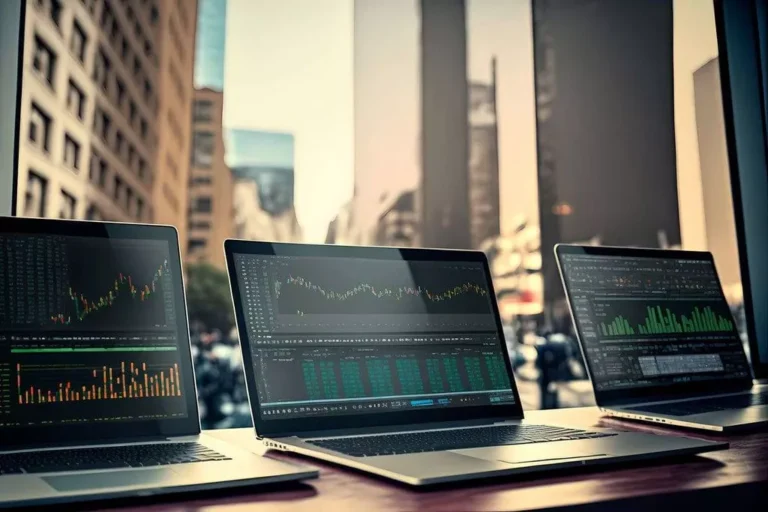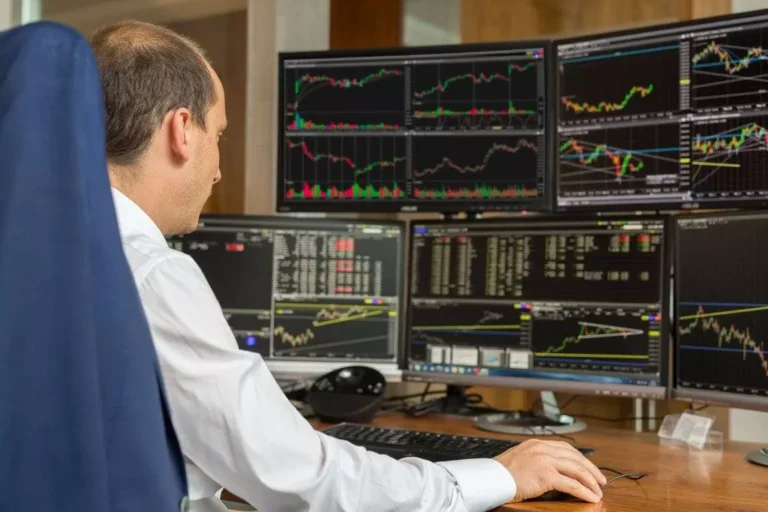The large electronic wholesalers are infamous for order circulate preparations with retail broker-dealers. They often take the opposite aspect of trades so it’s prudent to spot when they’re too committed to a minimum of one facet or the opposite. Market makers are mandated to be keen consumers and sellers on the national finest bid provide (NBBO) for shares they make a market in. They are obligated to publish and honor their bid and ask (two-sided) quotes of their registered shares. However, an asset may be considered illiquid if there are few individuals https://www.xcritical.com/ and little buying and selling activity.

Nevertheless, market makers enjoy lowered charges owing to their pivotal function in enhancing liquidity. There can additionally be the concept of a chosen market maker (DMM), where the exchange selects a primary marketplace for a particular asset traded. These market makers are answerable for maintaining the value feeds and quotes and facilitating any purchase and promote transactions for that asset. A particular market maker might be simultaneously making markets for lots of of belongings at the same time. A DMM is usually hired by the safety issuer to “make the market,” i.e., present depth and liquidity.
Customers who have orders in it are referred to as “makers.” They generate purchase or promote orders which might be only carried out when a particular worth is reached. A Maker (Post Only) Order, as depicted, necessitates pre-announcement of your intentions by inclusion within the order e-book. Comparatively, the exchange operates akin to a retailer charging people a fee for stocking items, when you operate as somebody including your inventory. Another idea intently associated (albeit slightly distinct) to liquidity is market liquidity.
Be cautious to not chase these shares, but rather use hidden or iceberg orders to enter on pullbacks. In this fashion, makers create liquidity by offering demand for getting or promoting an asset at a certain value. The makers “make” markets, whereas the takers create orders that are instantly executed at the market price. These are generally identified as market orders, the place the takers meet the demand for the purchase or sale of an asset produced by the makers. A market taker is an individual or entity that accepts the worth quoted by a market maker to execute a trade immediately.
What Is Fartcoin? Exploring The Unique World Of The Smelliest Cryptocurrency
Makers and takers make use of a plethora of methods to hunt out profits, usually contemplating market signals specific to their roles. However, opinions on the effectiveness of those strategies can range, with some viewing them as bordering on the mystical rather than the sensible Prime Brokerage. The maker-taker mannequin is the most extensively used pricing mannequin for assets listed on centralized exchanges.

In the crypto world, the most valuable connections aren’t made in interviews—they’re formed within the hallways of events and across social platforms. The content on The Coinomist is for informational purposes solely and shouldn’t be interpreted as monetary advice. While we try to provide accurate and up-to-date info, we don’t assure the accuracy, completeness, or reliability of any content.
Fee Structures For Makers And Takers
Nonetheless, these charges differ across different exchanges and may also fluctuate primarily based on the dimensions and position of your trading activities. Now that we’ve completely explored the concept of liquidity, it’s an opportune second to transition our focus towards understanding the dynamics of makers and takers. Crypto-assets can be highly risky and trading crypto-assets involves danger of loss, particularly when using leverage.

Typically, makers are offered some sort of rebate, as they’re adding liquidity to the change. That’s good for business – potential traders suppose oh wow, take a glance at this platform and its high liquidity, I ought to commerce right here. After all, such a venue might be extra attractive than one with less liquidity, as trades are more easily executed. In many circumstances, takers pay larger charges than makers, as they don’t present the liquidity that makers do. High liquidity means there are many buyers and sellers actively buying and selling the cryptocurrency, resulting in narrower bid-ask spreads and a stable market setting.
- This implies that any time you create an order and it is executed, you pay a small amount in fees.
- Market makers play the position of liquidity suppliers for a cryptocurrency exchange, whereas market takers play the function of executors and take advantage of the liquidity provided by the makers.
- The maker provides a buy/sell value, buying and promoting at the best current bid.
- Without market takers, the liquidity supplied by market makers would stay unused.

To wrap up, knowing the difference between market makers and takers is super important in finance, particularly in crypto trading. Market makers keep things secure by providing liquidity, while takers grab liquidity and might shake up costs. Understanding if you’re a maker or taker is key for traders as a end result of it affects costs, costs, and methods.
Many trading platforms cost a taker charge, which is utilized to orders that execute immediately against the order e-book. Market takers make certain that the monetary markets remain dynamic and liquid. Their lively participation allows the costs supplied by market makers to be repeatedly tested and for market prices to be updated in real-time. Without market takers, there is in all probability not sufficient members to transact on the costs offered by market makers, which could lead to a decrease in market liquidity and efficiency. Since market takers usually modulate their positions at a decrease frequency than market makers, the higher buying and selling costs are less of a concern. Even market takers that commerce incessantly are inclined to have a smaller impression on the market dynamics than market makers due to the quantity and the number of transactions executed by the latter.
The position a dealer chooses to undertake also impacts them, as there is a difference between maker fees and taker fees. Makers and takers employ a plethora of trading strategies to hunt out earnings and leverage these higher suited to their roles. Each market makers and market takers are important to a healthy market and shouldn’t be seen as rivals. Merchants may be categorized as either “market takers,” who seek to amass belongings at the lowest attainable prices, or “market makers,” who hold a portfolio of resources for buying and selling. A «maker vs taker» dynamic is pivotal in upholding price feeds and quotes for a given asset.
